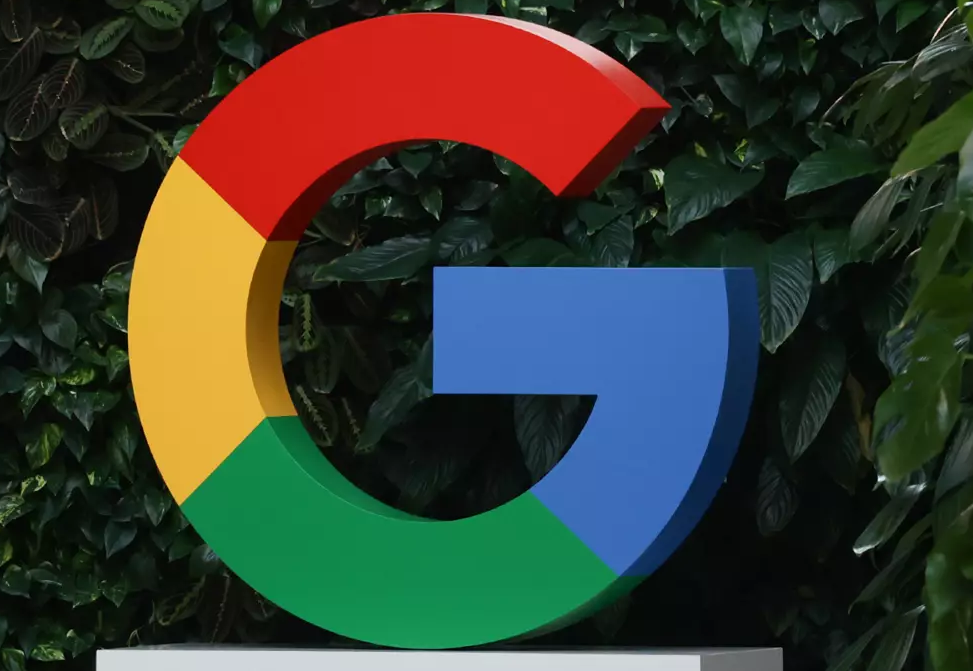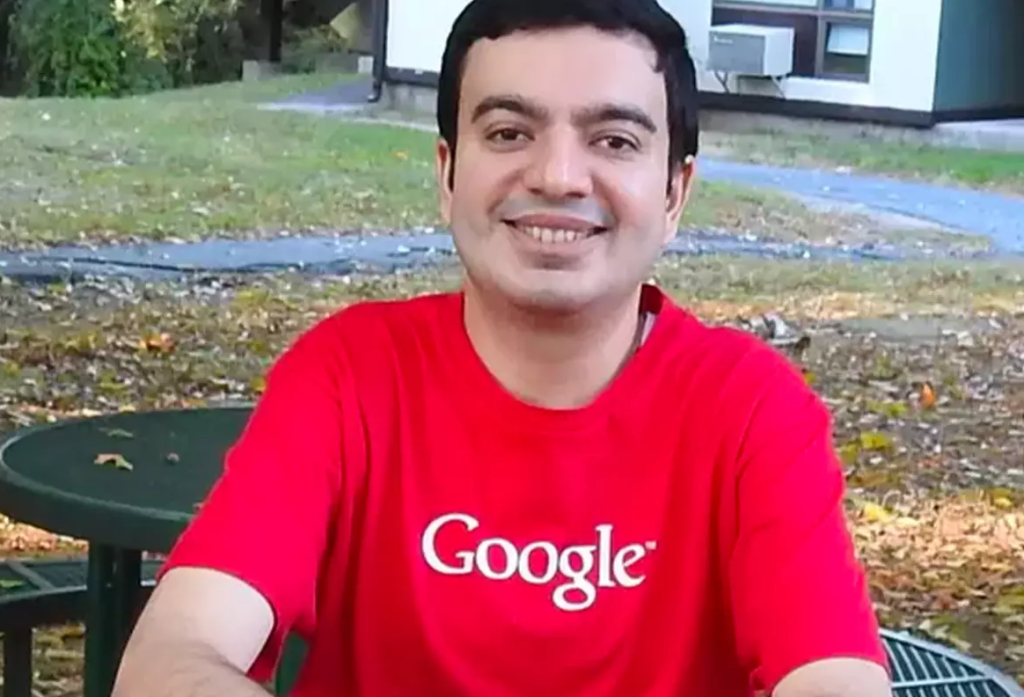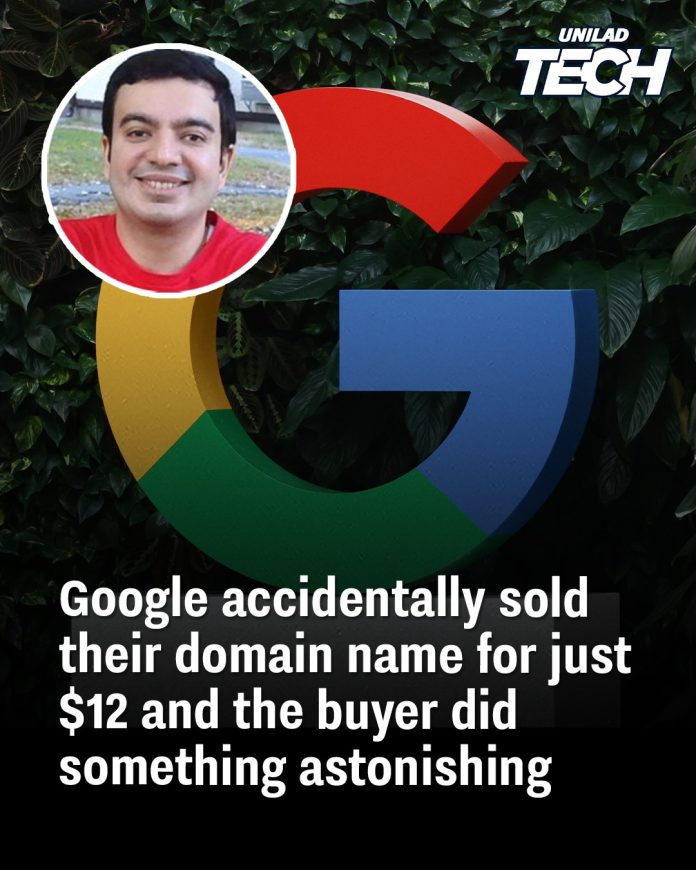In the digital age, owning a domain name is like owning a piece of virtual real estate. Companies spend millions protecting their online identity. But even tech giants can make mistakes — as was proven in one of the most astonishing internet moments of the past decade, when Google briefly lost control of its most valuable domain name, “google.com”.
It happened on the night of September 29, 2015. Sanmay Ved, a former Google employee, was casually browsing Google Domains — the company’s domain registration service — when something strange happened. He noticed that “google.com”, one of the most visited and well-guarded domains in the world, appeared as available for purchase. Curious and thinking it must be a glitch, he proceeded to see what would happen if he clicked “Buy.”

To his shock, the purchase went through.
Ved was charged just $12, and he received multiple confirmation emails showing that the domain name was now under his ownership. He even gained administrative access to Google’s internal domain management tools for a short while, including Google Search Console, where he could monitor web traffic, analytics, and more.
In the moments following the transaction, he realized the seriousness of what had just occurred. Owning the domain “google.com” — even temporarily — could have had huge implications. From email disruptions to security vulnerabilities, the consequences of someone less ethical gaining access could have been disastrous.
But Ved didn’t use the access for any malicious purposes. Instead, he did what very few would — he immediately informed Google’s security team and reported the bug.
Within about a minute, Google had revoked his ownership of the domain and cancelled the transaction. The entire ordeal lasted only a few minutes, but it was long enough to create headlines around the world. It was not a sophisticated hack or cyberattack — it was a simple case of an expired domain that had accidentally slipped through the cracks.
As a token of appreciation, Google offered Ved a reward. Initially, they didn’t disclose the amount publicly, but later it was revealed to be $6,006.13 — a number chosen intentionally, as it spells out “Google” in a sort of numerical shorthand or “leet speak.”
What Ved did next made the story even more powerful. He refused to keep the reward and instead asked Google to donate the full amount to charity — specifically, to the Art of Living India Foundation, which provides education to underprivileged children in India. Inspired by his generosity, Google doubled the donation, giving a total of $12,000 to the cause.
This incident serves as a valuable reminder: even the biggest tech companies can make small but significant mistakes. And yet, in the vast world of the internet — often criticized for its lack of ethics — there are individuals who still choose to act with honesty and integrity.

Sanmay Ved didn’t exploit a vulnerability. He didn’t seek publicity or financial gain. He saw an opportunity to do the right thing, and he did just that. His story has since become a legendary tale in cybersecurity circles and remains a shining example of ethical behavior in the tech world.
In the end, this wasn’t just a story about a glitch in the system or a multi-billion-dollar company losing control over its most important domain. It was about how one person’s choices can uphold trust and inspire others in a world where digital actions have real-world consequences.

















